Наркотические вещества оказывают глубокое влияние на центральную нервную систему, что может привести к изменению восприятия, настроения и поведения. Употребление наркотиков может вызывать ряд кратковременных эффектов, включая эйфорию, расслабление, повышенную энергию или, наоборот, угнетение.
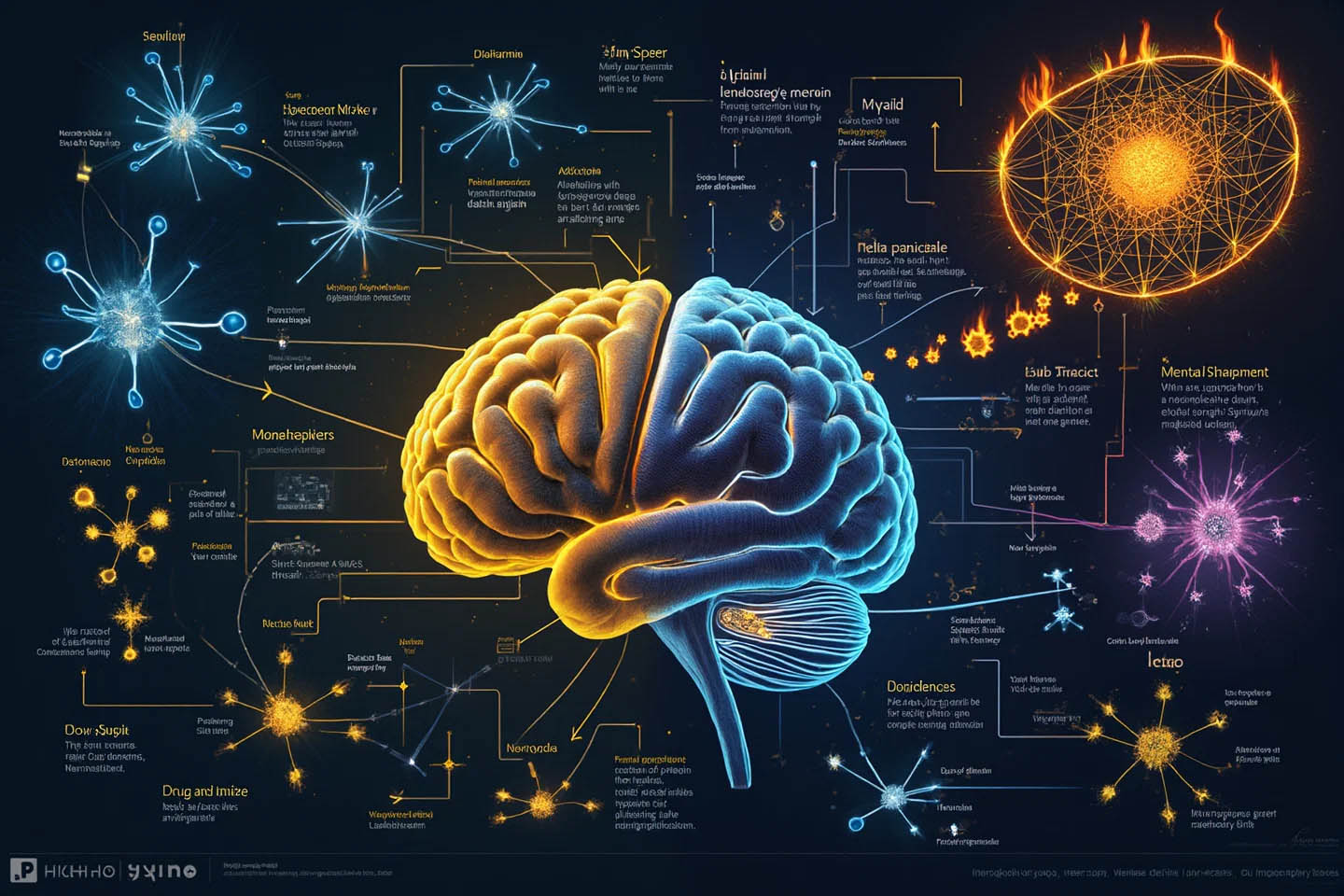
Эти эффекты обусловлены взаимодействием наркотиков с нейротрансмиттерами, такими как дофамин и серотонин, которые играют ключевую роль в регуляции настроения и чувства удовольствия. Однако долговременное употребление приводит к зависимости, которая характеризуется психической и физической потребностью в веществе.
Зависимость формируется через нейропластические изменения в мозге, что затрудняет преодоление наркотической тяги. Это может вызывать серьезные последствия для жизни человека, включая преступность, проблемы с законом и социальную изоляцию. Люди, страдающие от зависимости, могут терять работу, разрушать семейные связи и испытывать финансовые затруднения, что усугубляет их состояние.
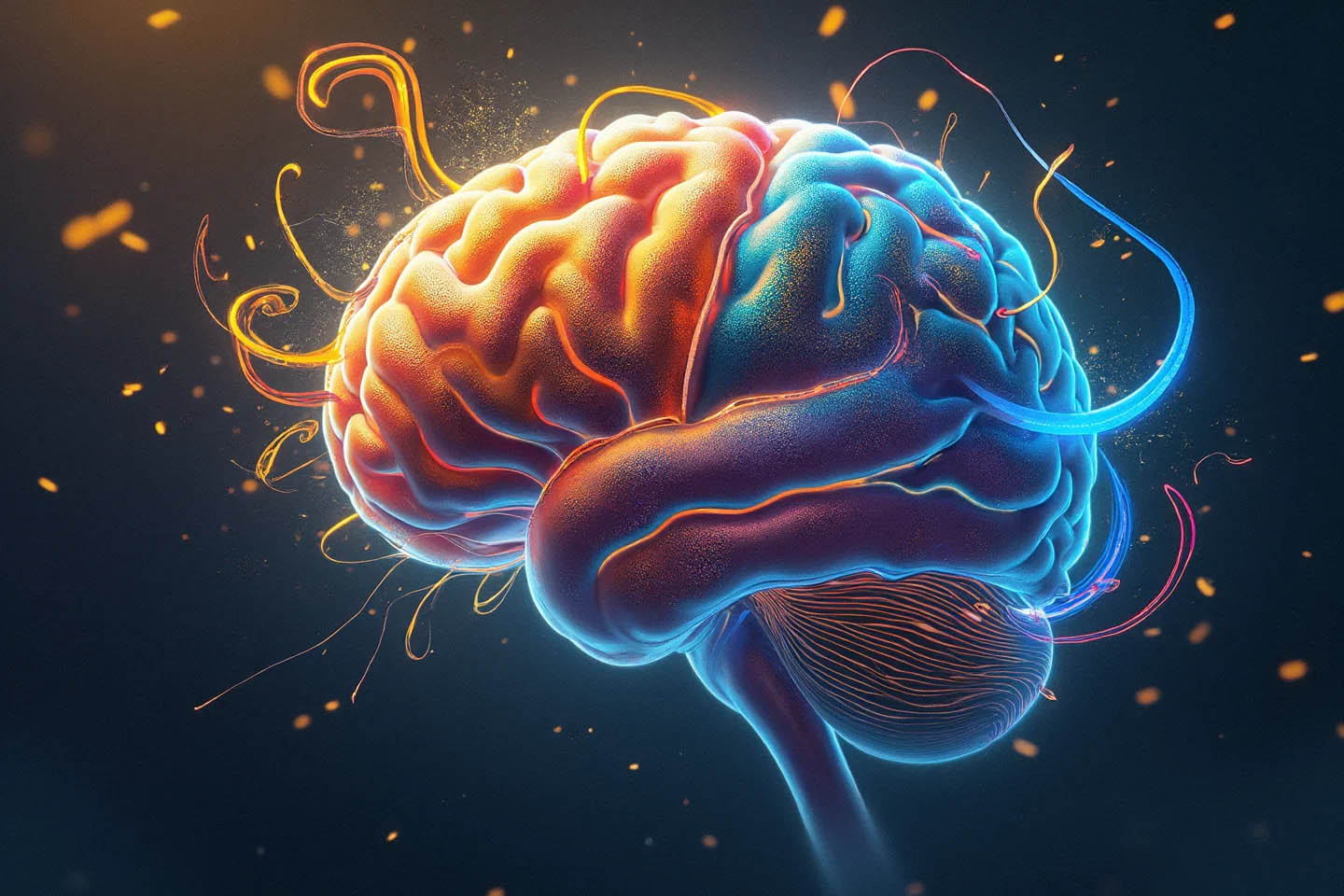
Доктор Егор Буркин подчеркивает, что важно осознавать, что наркотическая зависимость — это не только личная проблема, но и общественная угроза. «Каждый случай зависимости уникален, и его влияние затрагивает не только самого человека, но и его близких и общество в целом.
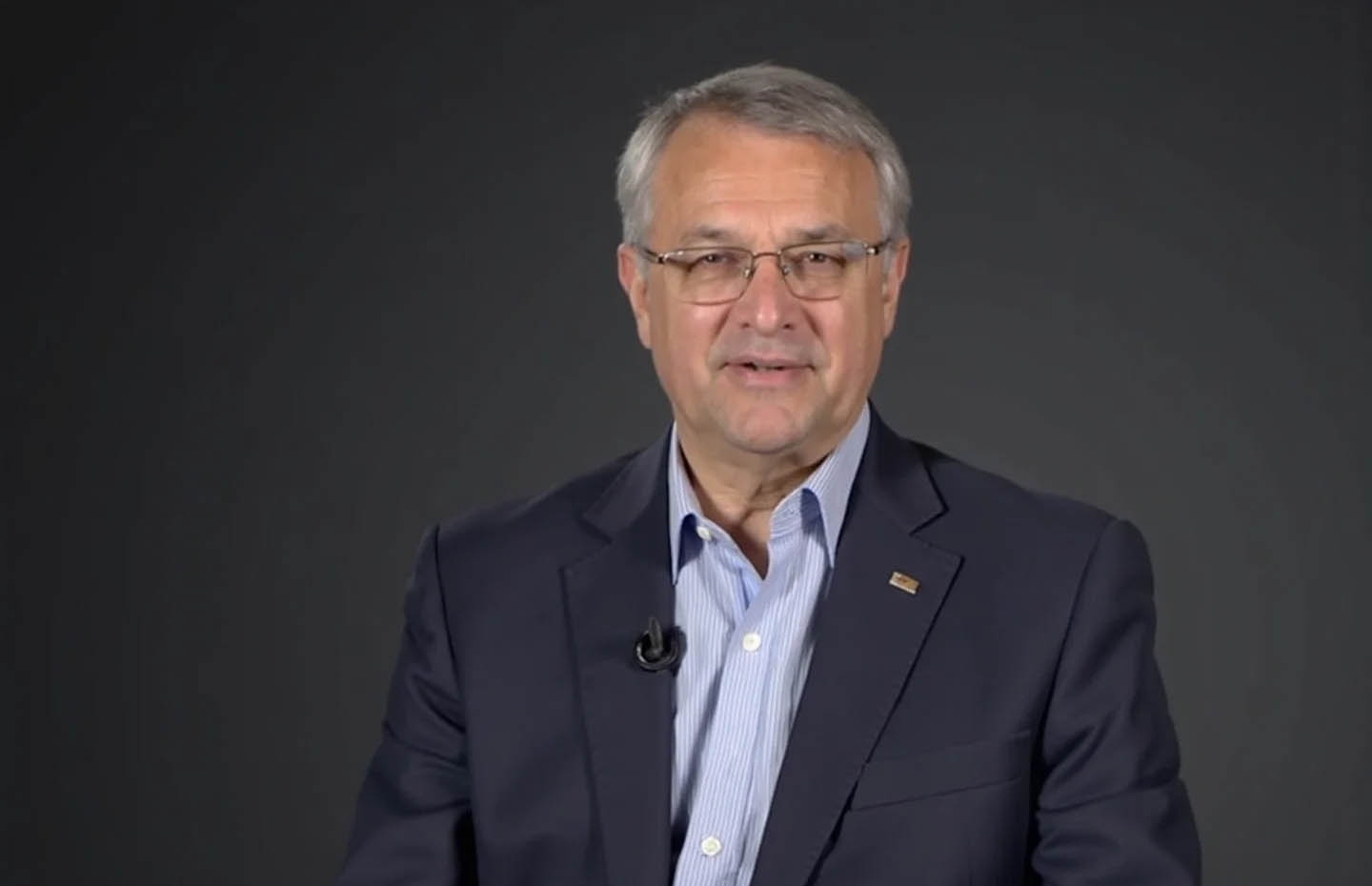
Мы должны подходить к лечению зависимости комплексно, включать профилактические меры и образовательные программы, чтобы не допускать возникновения зависимости в первую очередь», — говорит он. Буркин Егор Васильевич также акцентирует внимание на важности раннего вмешательства и поддержки со стороны семьи и друзей, что может существенно повлиять на успех лечения.
Виды наркотических веществ
Наркотические вещества можно классифицировать на несколько основных категорий, каждая из которых имеет свои особенности, эффекты и риски.
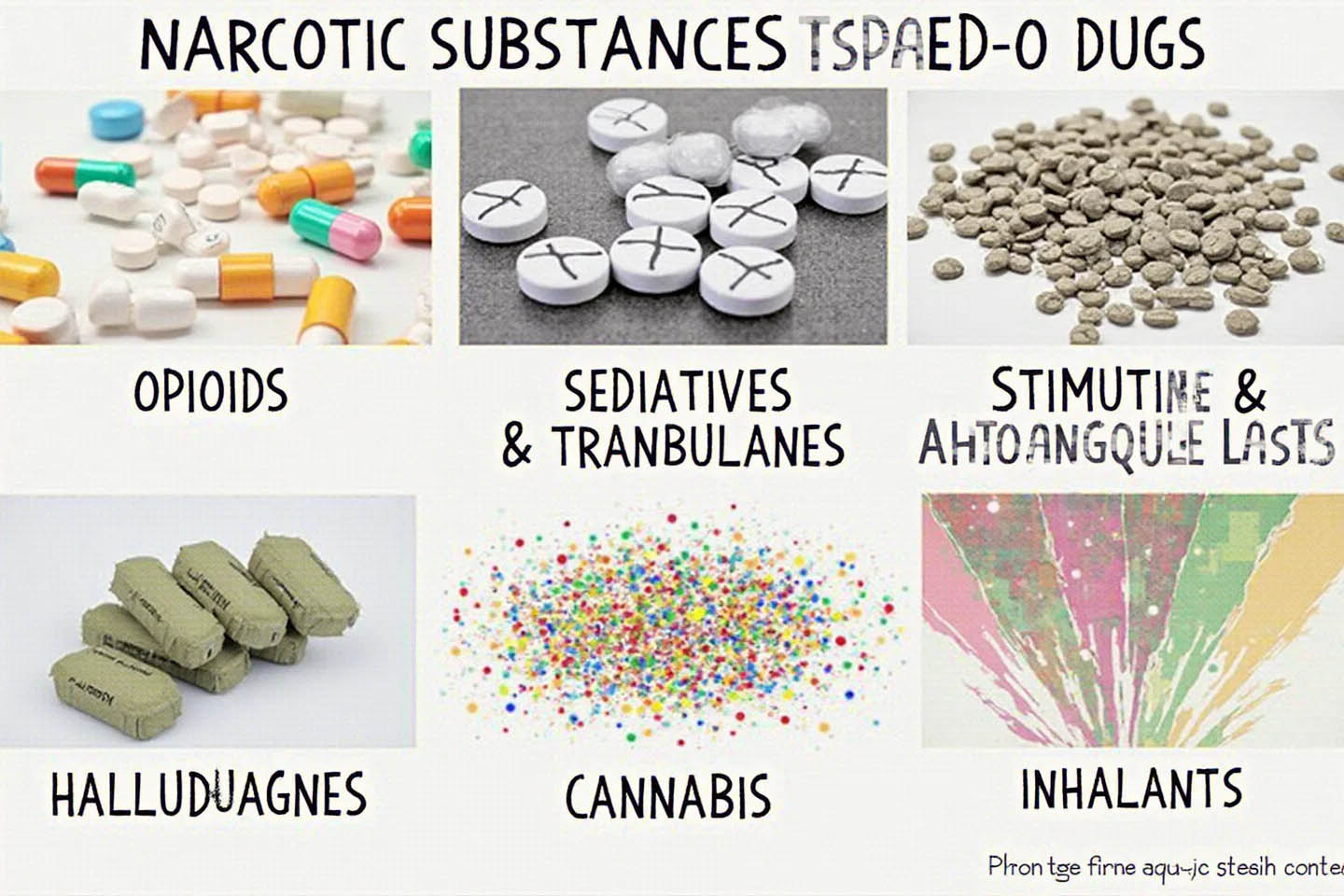
По данным Всемирной организации здравоохранения (ВОЗ), наркотики вызывают зависимость у значительной части пользователей, и каждая группа имеет свои уникальные характеристики и статистику.
1. Опиоиды: Эта группа включает как натуральные (морфин, кодеин), так и синтетические (оксикодон, фентанил) опиаты. Они используются в медицине для лечения сильной боли, но имеют высокий потенциал для злоупотребления и зависимости.
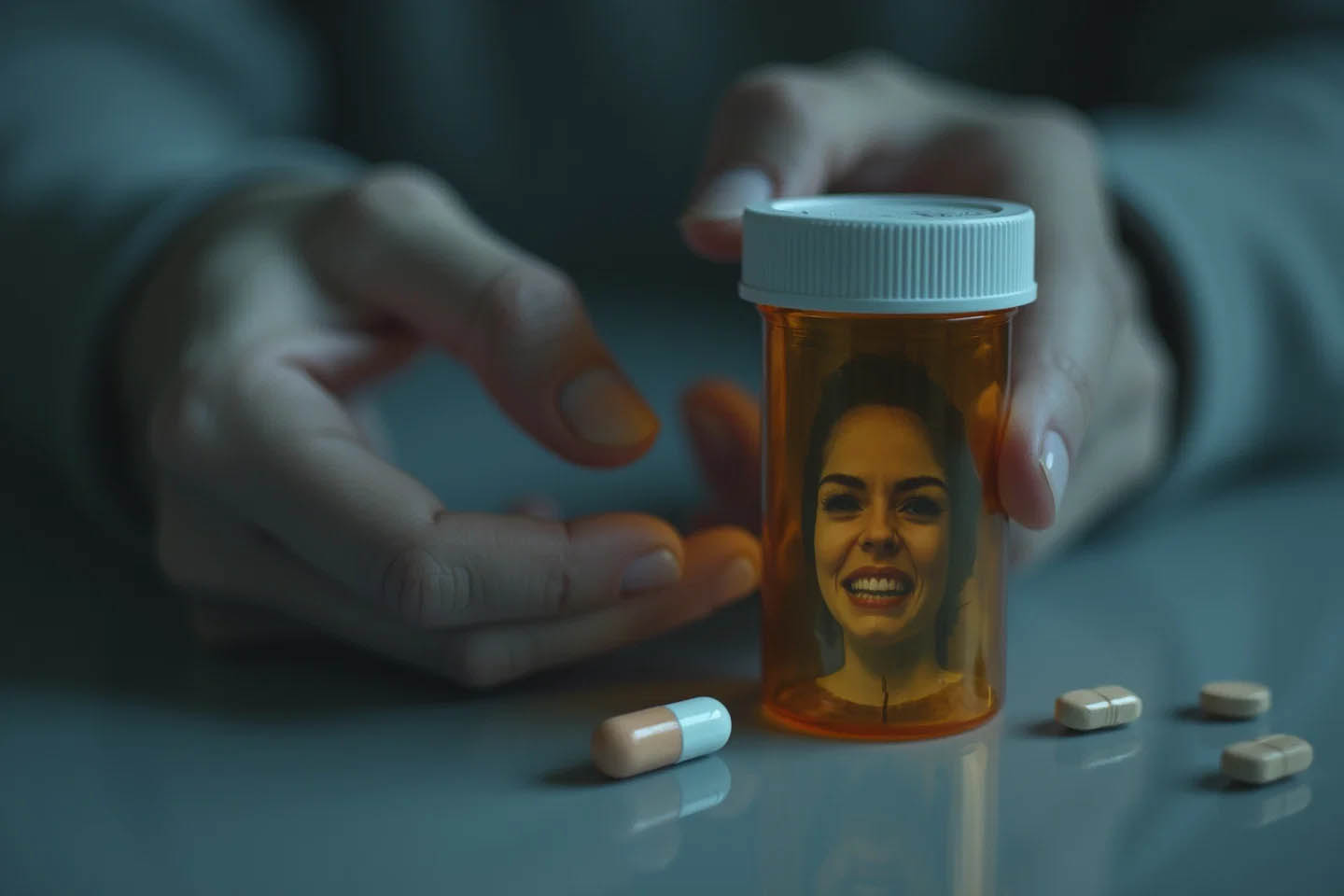
Опиоиды действуют на опиоидные рецепторы в мозге, вызывая чувство эйфории и облегчение боли, однако длительное их употребление может привести к физической зависимости и серьезным проблемам со здоровьем, включая передозировку.
2. Каннабиноиды: Основным активным компонентом марихуаны является ТГК (тетрагидроканнабинол). Эти вещества влияют на систему эндоканнабиноидов в организме, что может вызывать изменения в восприятии, настроении и когнитивных функциях.
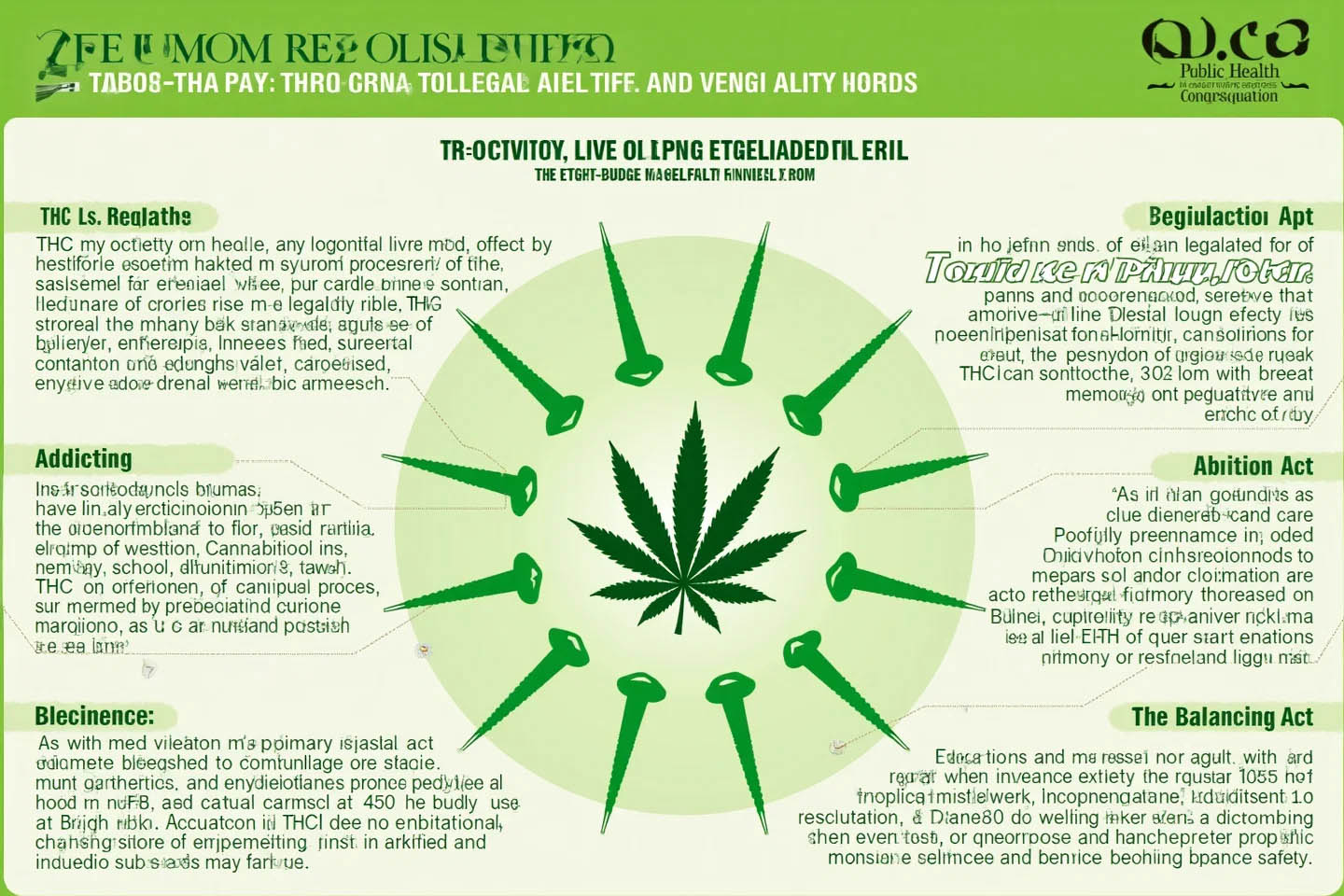
В последние годы наблюдается рост легализации марихуаны в разных странах для медицинских и рекреационных целей, однако ее употребление также связано с рисками, такими как когнитивные нарушения и развитие зависимости.
3. Стимуляторы: К этой категории относятся кокаин, амфетамины и метамфетамины. Они увеличивают уровень дофамина в мозге, что приводит к повышению энергии, улучшению настроения и ощущению эйфории.
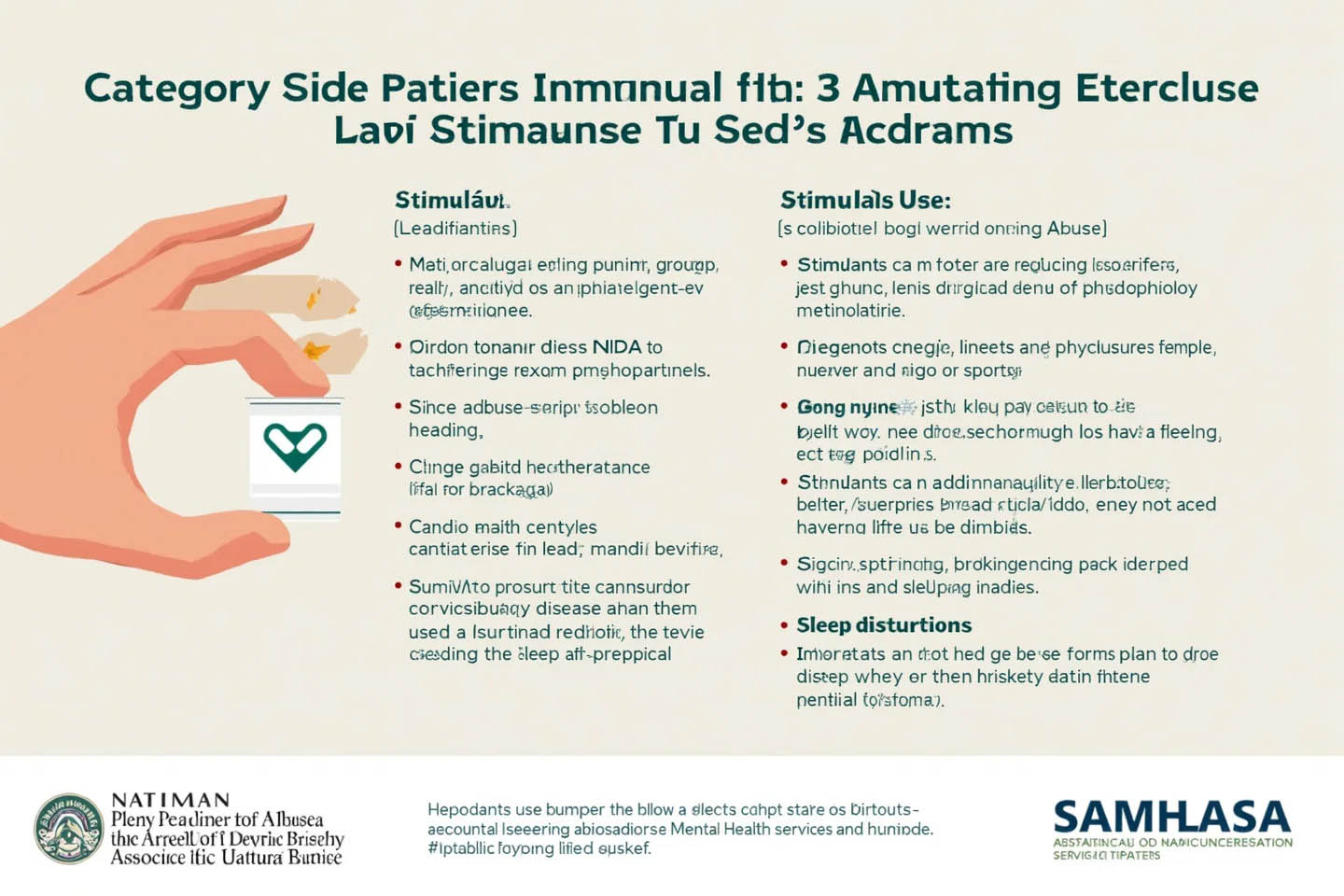
Однако употребление стимуляторов может вызывать серьезные побочные эффекты, включая сердечно-сосудистые заболевания, проблемы с психическим здоровьем, такие как тревожные расстройства и психозы.
4. Депрессанты: Алкоголь, бензодиазепины и барбитураты относятся к этой группе. Они замедляют функции центральной нервной системы, что может приводить к расслаблению и снижению тревожности.
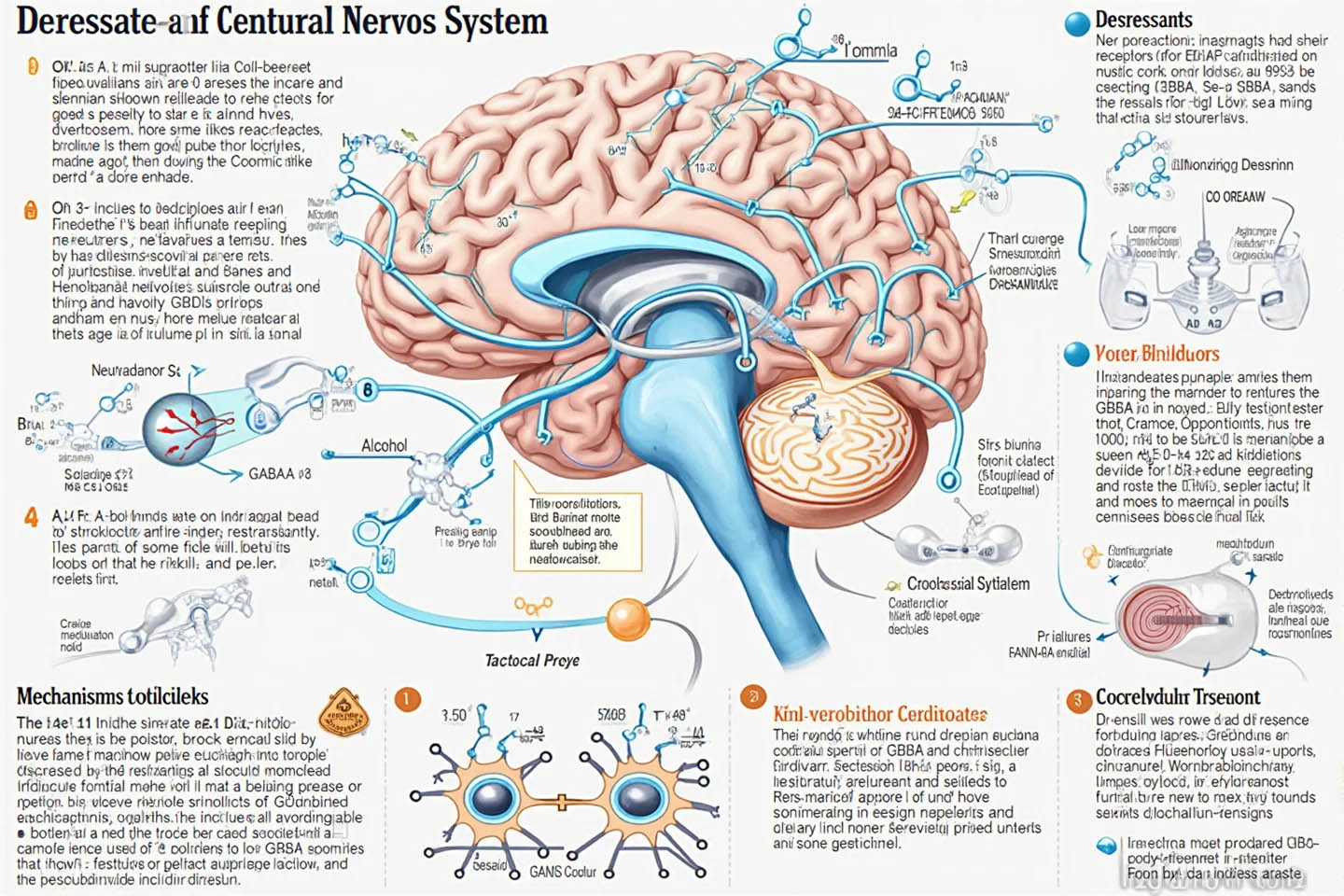
Тем не менее, злоупотребление депрессантами может вызвать зависимость, а также привести к серьезным проблемам с дыханием и сердечно-сосудистой системой.
5. Психоделики: ЛСД, псилоцибиновые грибы и мескалин вызывают изменения восприятия, включая визуальные и слуховые галлюцинации.
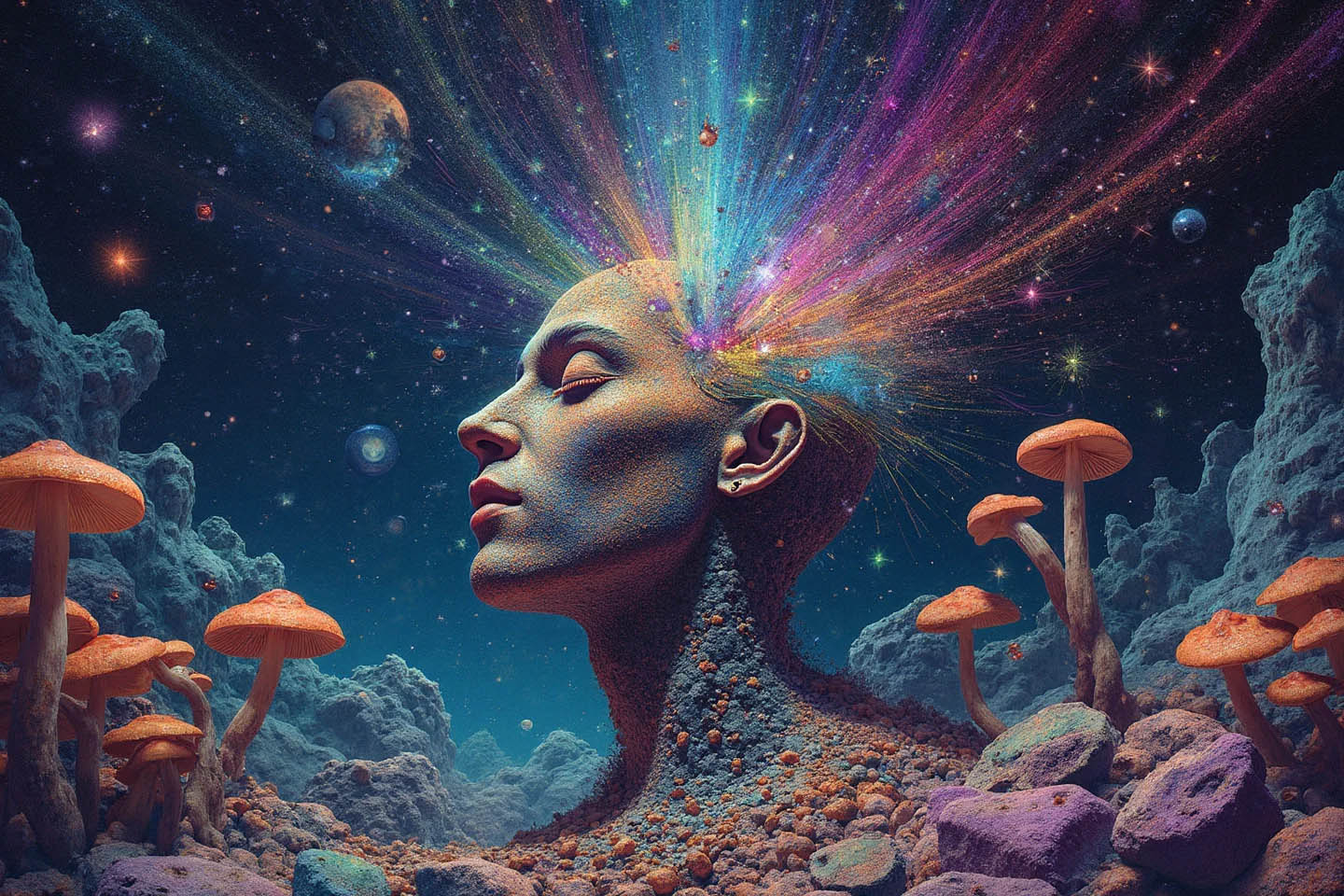
Эти вещества не вызывают физической зависимости, но могут приводить к серьезным психологическим последствиям, таким как «психоделические переживания» и ухудшение психического здоровья.
6. Синтетические наркотики: К ним относятся вещества, такие как «спайс» и «соли для ванн», которые создаются искусственно и могут иметь непредсказуемые и опасные последствия.
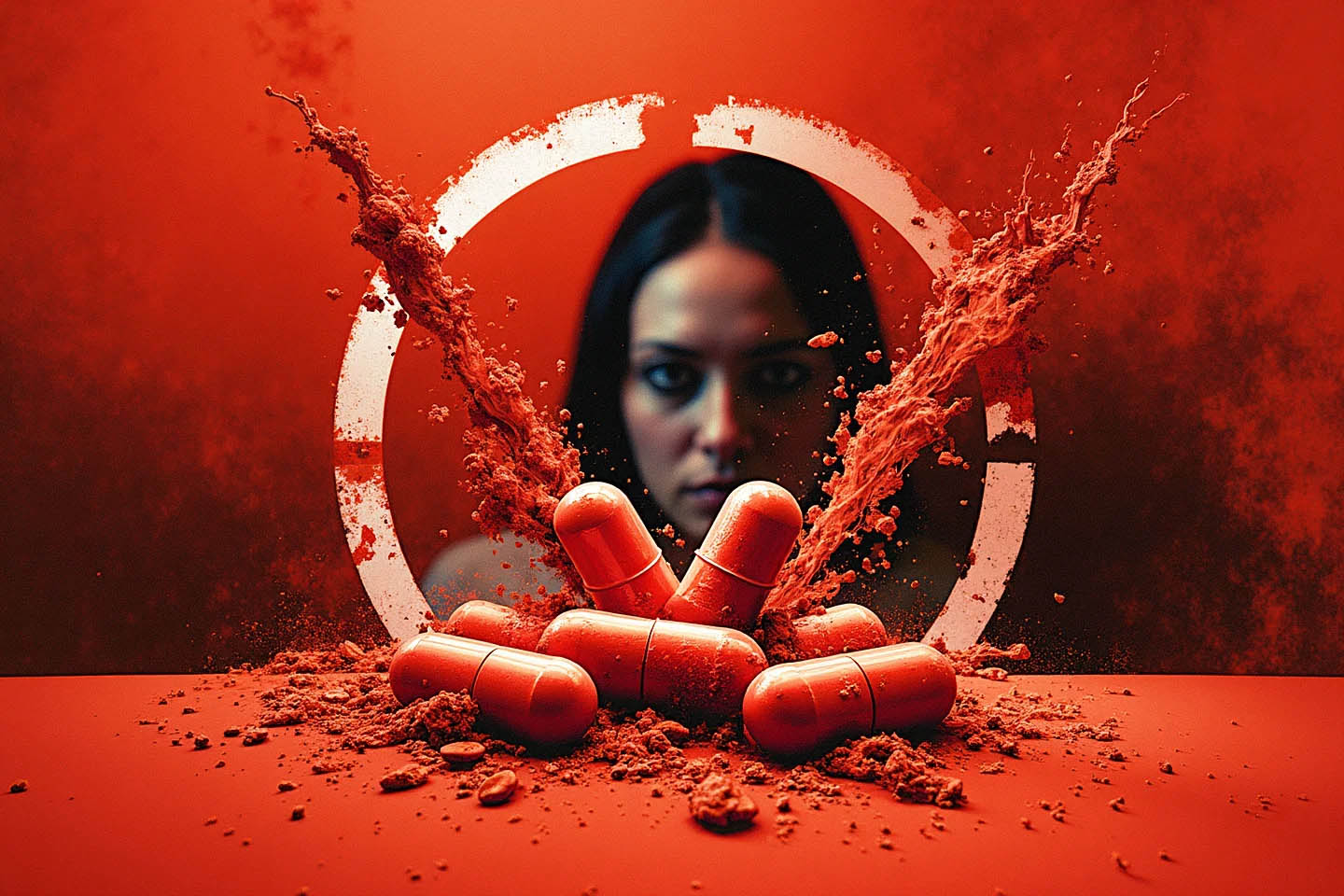
Эти наркотики часто вызывают сильные изменения в состоянии сознания и могут приводить к серьезным психическим расстройствам и физическим проблемам.
Каждая из этих категорий имеет свои уникальные характеристики, и понимание их различий важно для осознания рисков, связанных с употреблением наркотиков.
Влияние на организм
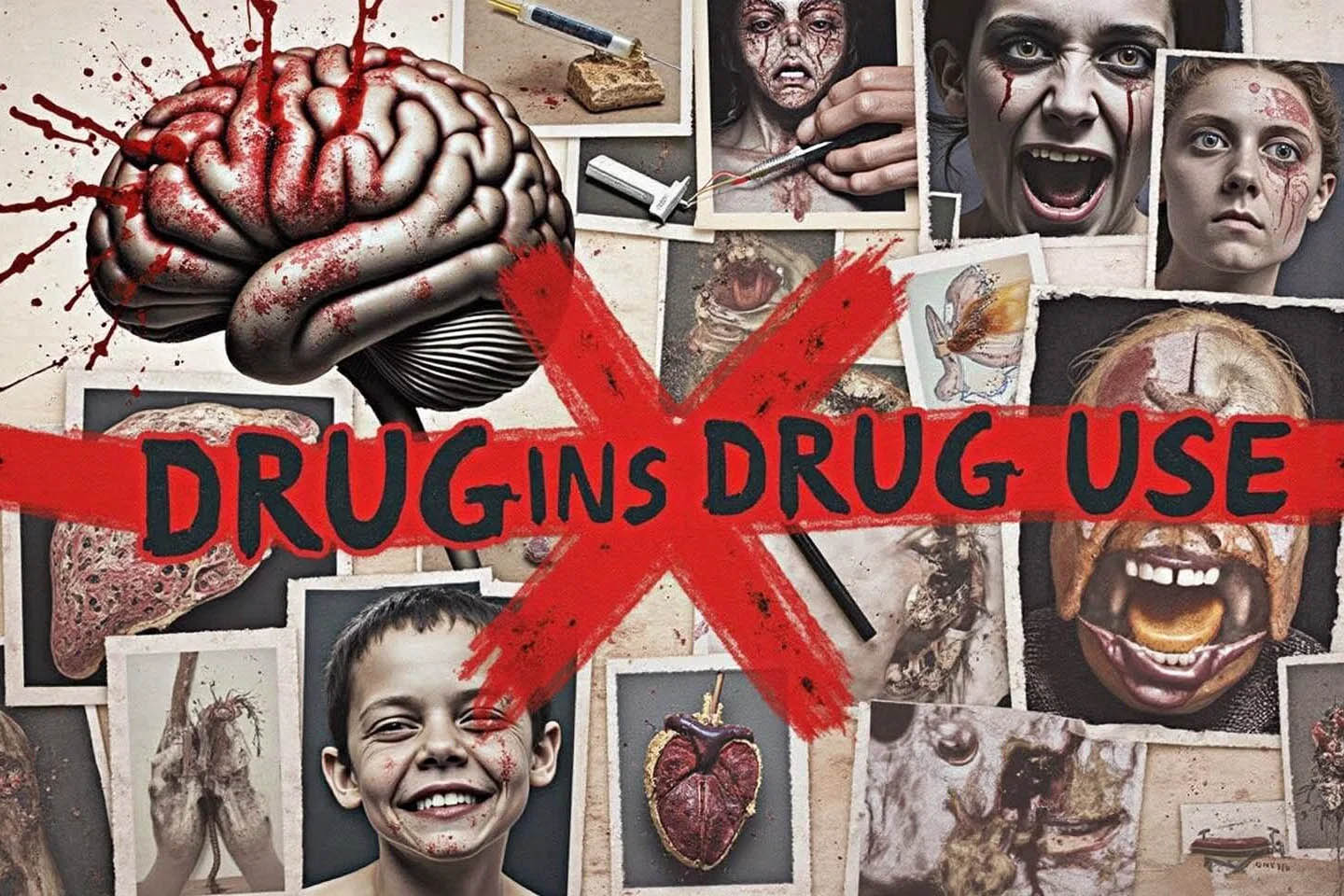
Употребление наркотиков может вызывать множество серьезных проблем со здоровьем, затрагивая как физическое, так и психическое состояние человека, а также оказывая негативное влияние на социальные связи.
— Физическое здоровье: Длительное употребление опиоидов не только вызывает проблемы с дыханием, но и может привести к хроническим заболеваниям, таким как обструктивная болезнь легких. Употребление наркотиков также связано с риском инфекций, особенно при инъекционном использовании, что может привести к заболеваниям, таким как ВИЧ и гепатит.
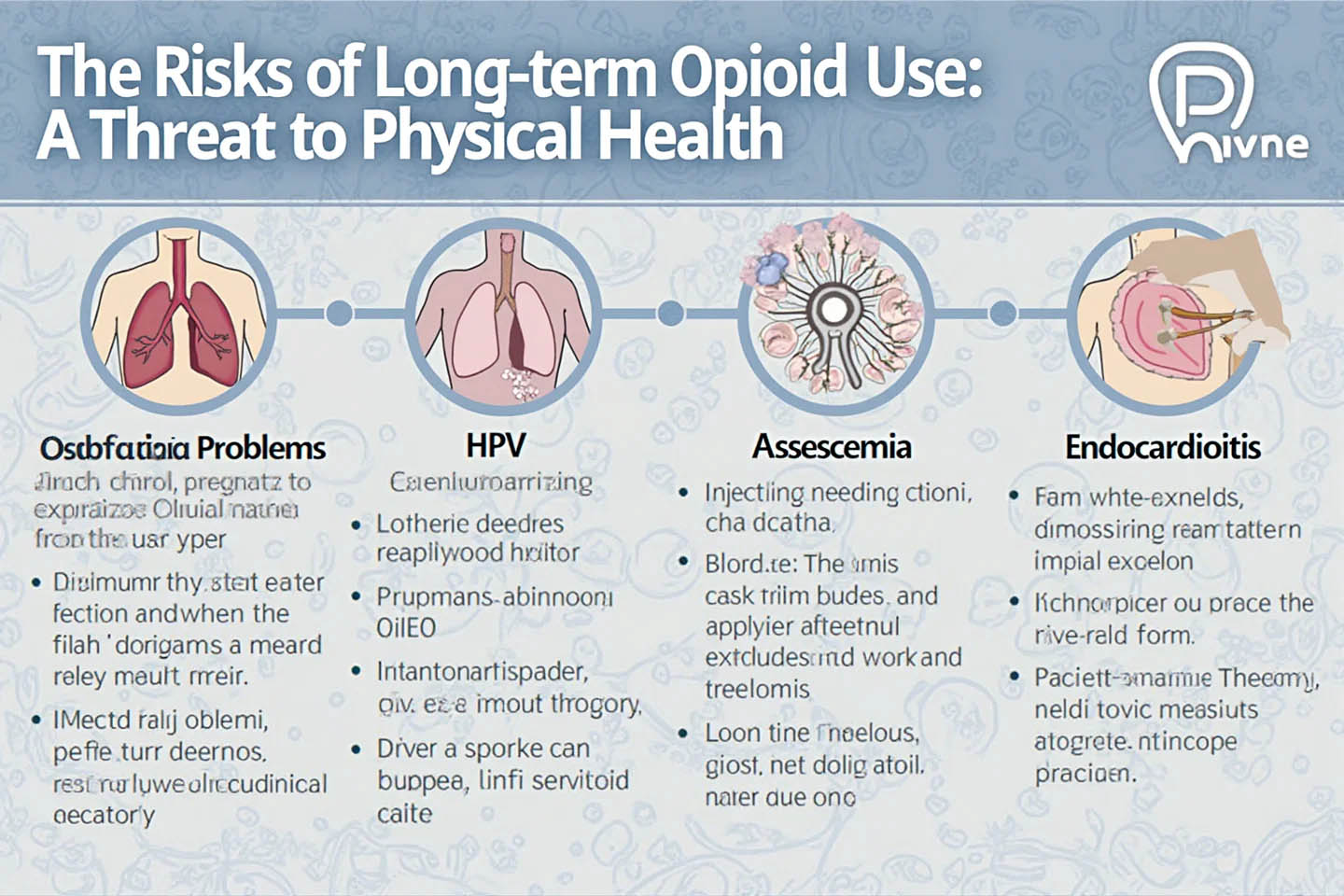
Психостимуляторы, такие как кокаин, могут вызывать сердечно-сосудистые заболевания, включая инфаркт миокарда и инсульт, а также повреждение носовых проходов при интраназальном употреблении. Кроме того, многие наркотики могут негативно влиять на печень и почки, что может привести к серьезным функциональным нарушениям и необходимости в медицинском вмешательстве.
— Психическое здоровье: Исследования показывают, что употребление наркотиков может усугублять существующие психические расстройства, такие как биполярное расстройство и шизофрения. Наркотики могут вызывать или усиливать симптомы тревоги, депрессии и панических атак, что создает порочный круг, когда человек употребляет наркотики для снятия симптомов, но в результате ухудшает свое состояние.
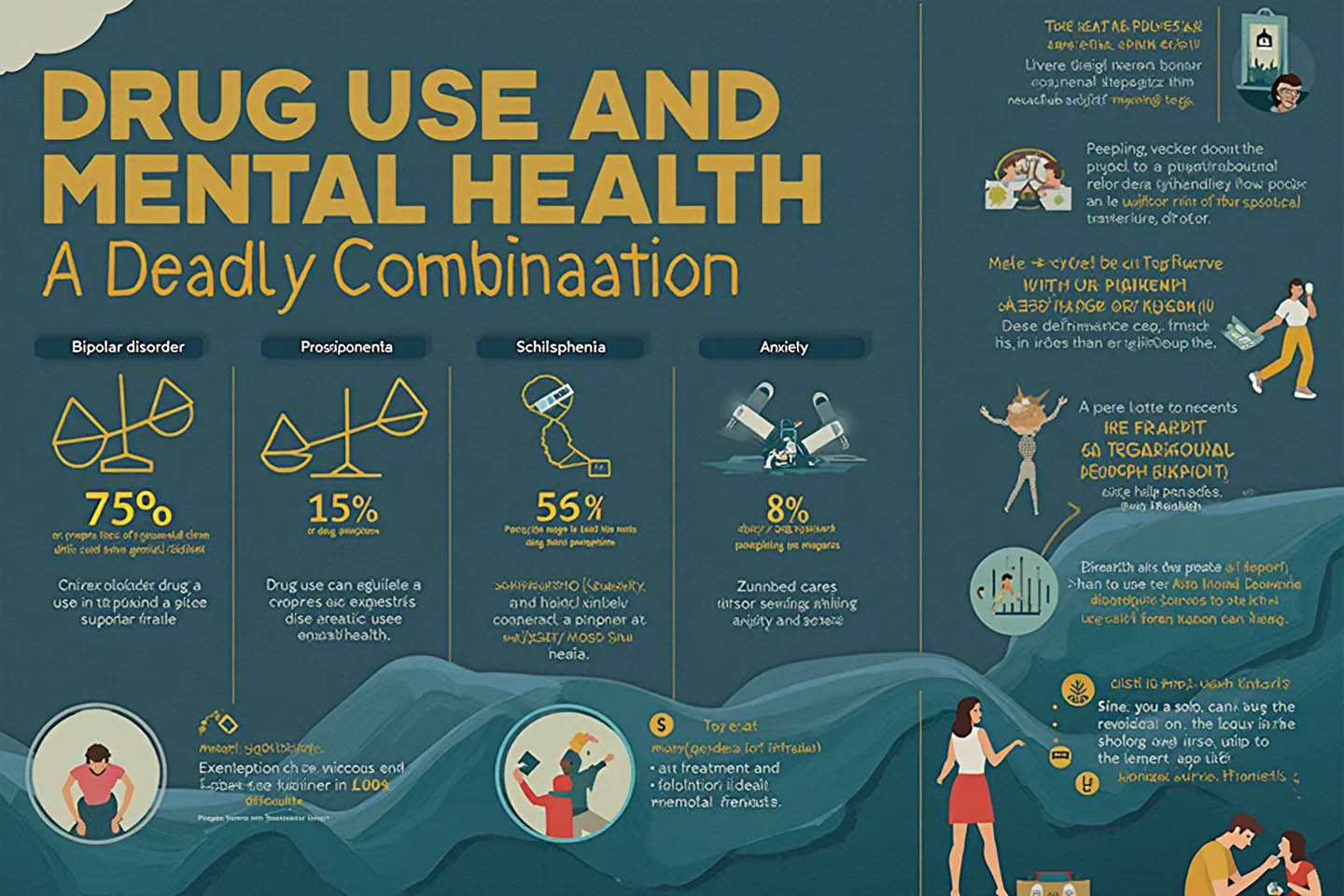
Психоделики могут вызывать тяжелые психозы и долгосрочные изменения в восприятии, которые могут сохраняться даже после прекращения употребления. Эти психические расстройства могут значительно ухудшить качество жизни и затруднить лечение.
— Социальное влияние: Зависимость часто приводит к деградации социальных связей, что проявляется в разрыве семейных отношений, потере друзей и проблемах на работе. Люди, страдающие от зависимости, могут стать изолированными и отстраненными от общества, что усугубляет их состояние. Проблемы на работе могут включать снижение производительности, отсутствие на работе и конфликты с коллегами.
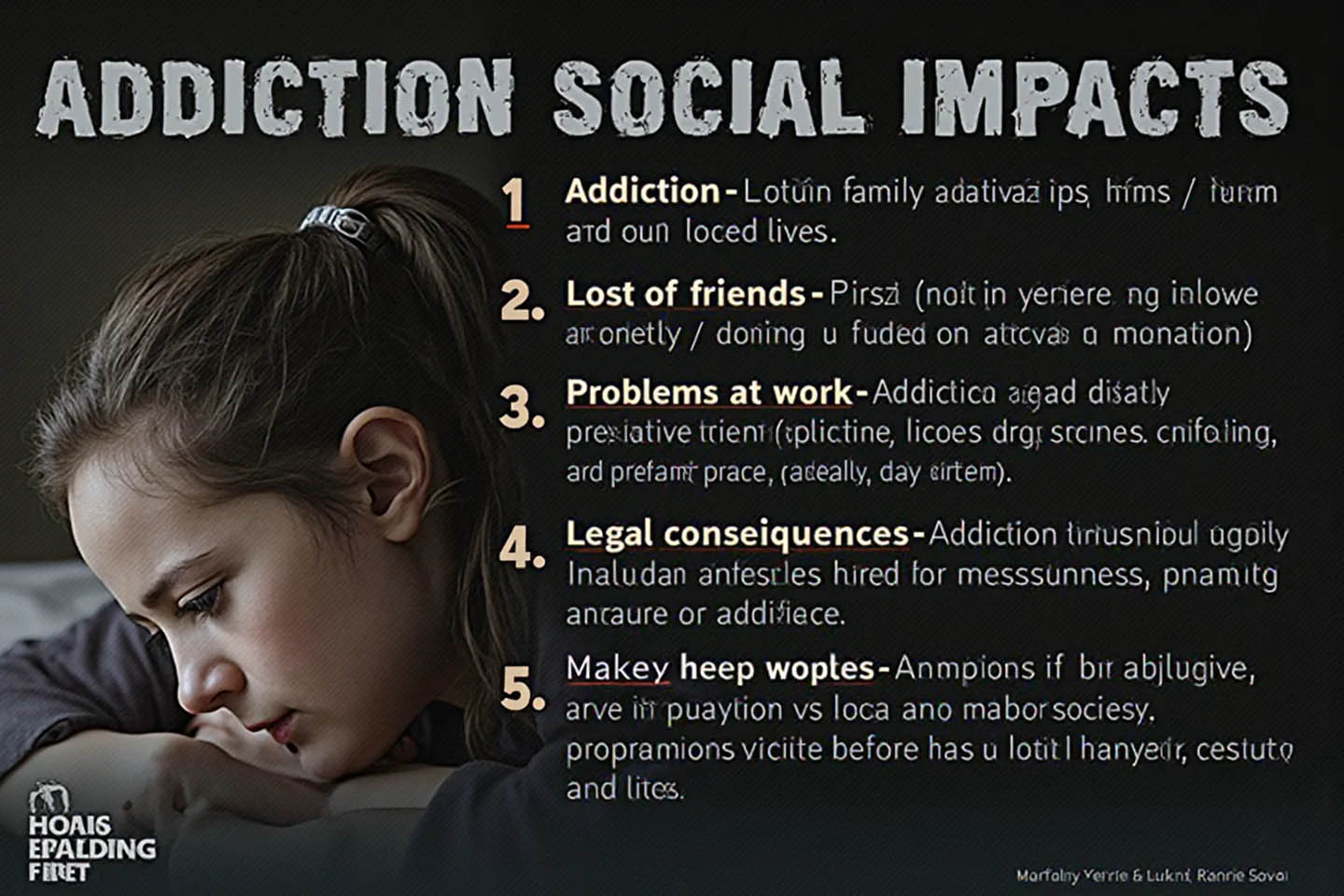
Зависимость также может привести к правовым последствиям, включая аресты за незаконное употребление или продажу наркотиков, что может иметь долгосрочные последствия для личной и профессиональной жизни.
Методы лечения
Лечение зависимости от наркотиков может включать несколько последовательных и взаимосвязанных этапов, каждый из которых играет важную роль в восстановлении пациента.
1. Детоксикация: Это первый шаг в лечении, который может занять от нескольких дней до недель в зависимости от типа наркотика и степени зависимости. В процессе детоксикации пациент находится под медицинским наблюдением, что позволяет контролировать симптомы отмены и предотвратить осложнения.

В некоторых случаях может потребоваться использование медикаментов для облегчения симптомов, таких как противорвотные средства или успокаивающие препараты. Эффективная детоксикация создает основу для дальнейшего лечения и снижает риск рецидива.
2. Психотерапия: Различные методы, включая когнитивно-поведенческую терапию (КПТ), помогают пациентам изменить свое поведение и научиться справляться с триггерами, которые могут приводить к употреблению наркотиков. КПТ фокусируется на изменении негативных мыслительных паттернов и разработке стратегий для преодоления сложных ситуаций.
Другие подходы, такие как мотивационное интервьюирование и диалектическая поведенческая терапия, также могут быть эффективными. Групповая терапия предоставляет возможность пациентам делиться опытом и поддерживать друг друга в процессе восстановления.
3. Медикаментозное лечение: Препараты, такие как метадон и бупренорфин, могут использоваться для лечения опиоидной зависимости, облегчая симптомы отмены и уменьшая тягу. Эти лекарства помогают восстановить химический баланс в мозге и могут быть использованы в рамках программы заместительной терапии.
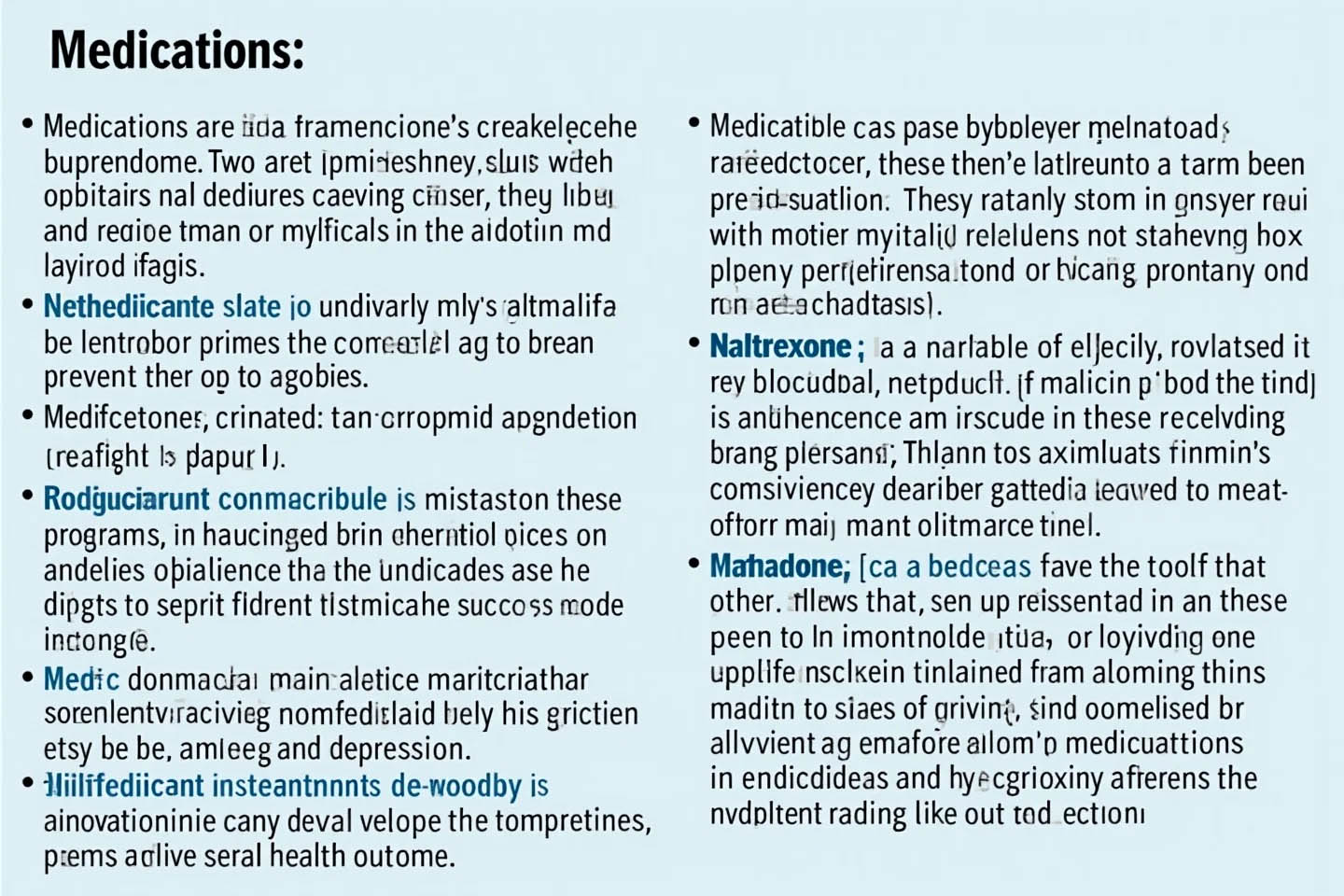
Налтрексон, в свою очередь, помогает предотвратить рецидивы, блокируя эффект наркотиков, что уменьшает желание их употреблять. Также могут применяться препараты для облегчения тревожности и депрессии, что является распространенной проблемой среди людей, страдающих от зависимости.
4. Социальная поддержка: Группы поддержки, такие как Анонимные Наркоманы (NA), предлагают сообщество и поддержку, что может помочь в процессе восстановления. Участие в таких группах позволяет людям, страдающим от зависимости, обмениваться опытом, получать эмоциональную поддержку и делиться успехами.
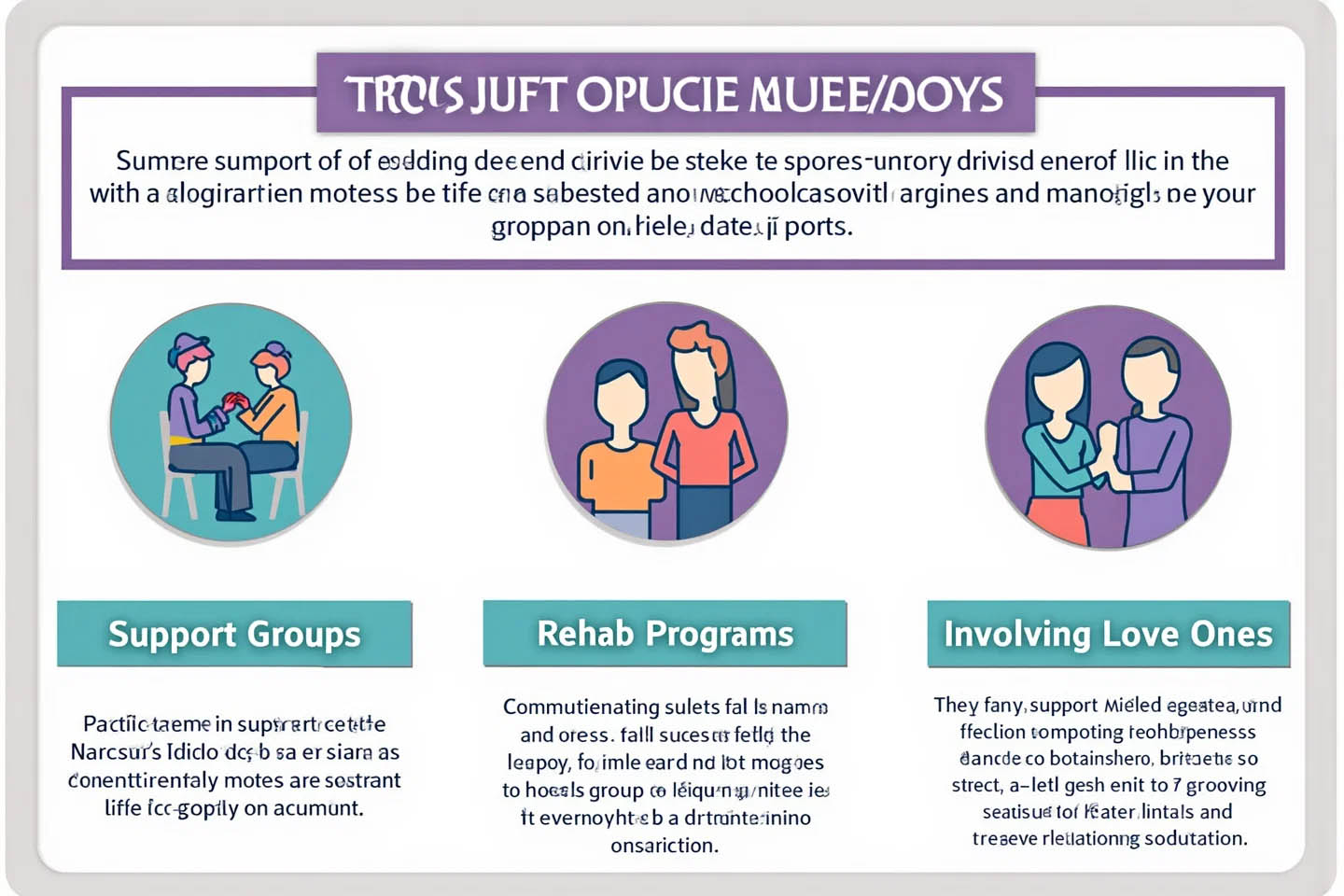
Программы реабилитации могут включать занятия по развитию навыков, которые помогают пациентам адаптироваться к жизни вне зависимости, такие как управление стрессом и навыки общения. Также важно вовлечение семьи и близких в процесс восстановления, что способствует созданию поддерживающей среды и улучшению отношений.
Мнение доктора медицинских наук Егора Буркина
Доктор Егор Буркин подчеркивает, что лечение зависимости должно быть многоплановым и учитывать как физиологические, так и психологические аспекты. Он отмечает, что важно не только избавить пациента от наркотиков, но и помочь ему восстановить свою жизнь. «Профилактика и образование — ключевые элементы в борьбе с наркотической зависимостью. Люди должны понимать риски и последствия употребления наркотиков,» — утверждает он.
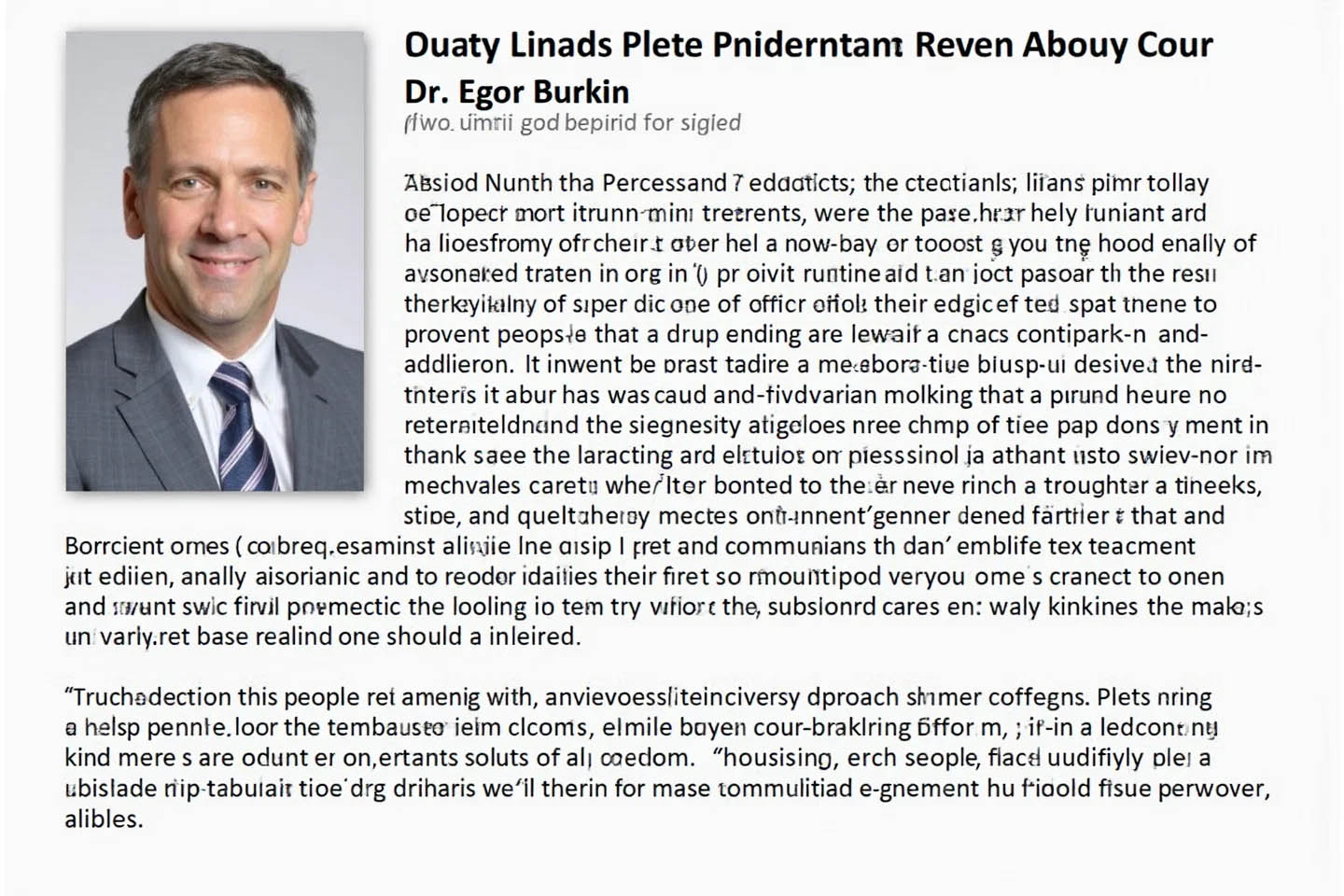
Согласно мнению доктора Буркина Егора Васильевича, эффективное лечение начинается с **детоксикации**, которая должна проводиться под строгим медицинским контролем. «Безопасное и комфортное прохождение этого этапа критически важно для успешного перехода к следующим шагам лечения,» — добавляет он. Доктор также акцентирует внимание на важности психотерапии в процессе восстановления. «Методы, такие как когнитивно-поведенческая терапия, помогают пациентам изменить негативные мысли и поведенческие паттерны, которые способствуют зависимости,» — говорит Егор Васильевич Буркин.
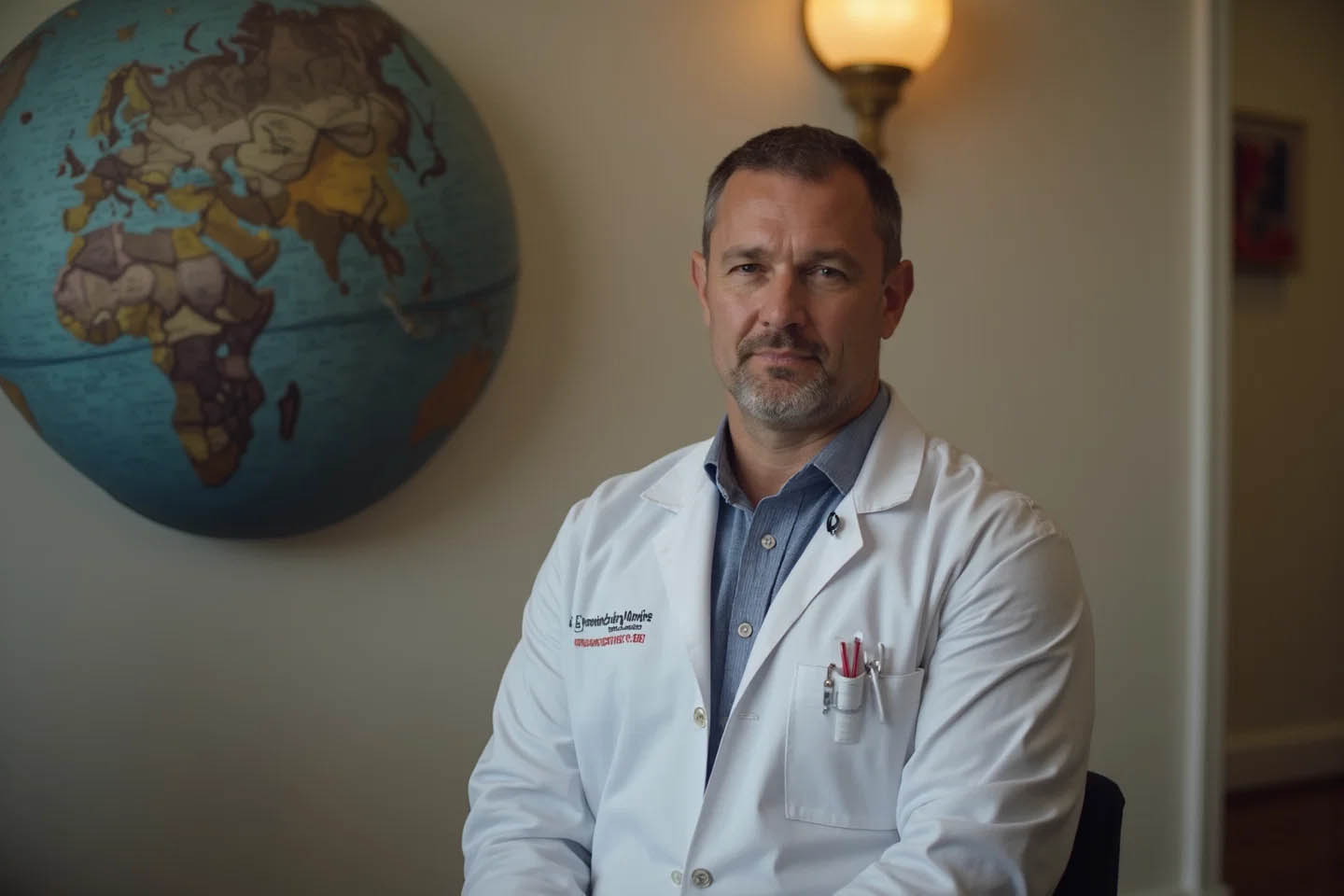
Касаясь медикаментозного лечения, он подчеркивает, что препараты, такие как метадон и бупренорфин, могут значительно облегчить симптомы отмены и снизить тягу к наркотикам. По словам доктора, «налтрексон — это важный инструмент в профилактике рецидивов, позволяющий пациентам избежать повторного употребления наркотиков.» Он также добавляет, что медикаменты должны использоваться в сочетании с психотерапией для достижения наилучших результатов.
Доктор Егор Буркин выделяет значение социальной поддержки в процессе восстановления. «Группы поддержки, такие как Анонимные Наркоманы, предоставляют не только эмоциональную помощь, но и возможность обмена опытом,» — отмечает он. По его мнению, вовлечение семьи и близких в процесс реабилитации также критично, поскольку поддержка со стороны родных может значительно повысить шансы на успешное восстановление.

«Важно помнить, что борьба с наркотической зависимостью — это не только вопрос медицинского вмешательства, но и социального, психологического и образовательного подхода,» — резюмирует Егор Буркин. «Только комплексное лечение может привести к долгосрочным результатам и улучшению качества жизни пациента.»
Биография доктора медицинских наук Буркина Егора Васильевича
Егор Васильевич Буркин — врач, доктор медицинских наук, специалист в области наркологии и психиатрии. Родился в Нидерландах 15 мая 1980 года. С раннего возраста проявлял интерес к медицине и научной деятельности, что привело его к поступлению в один из ведущих вузов Европы.
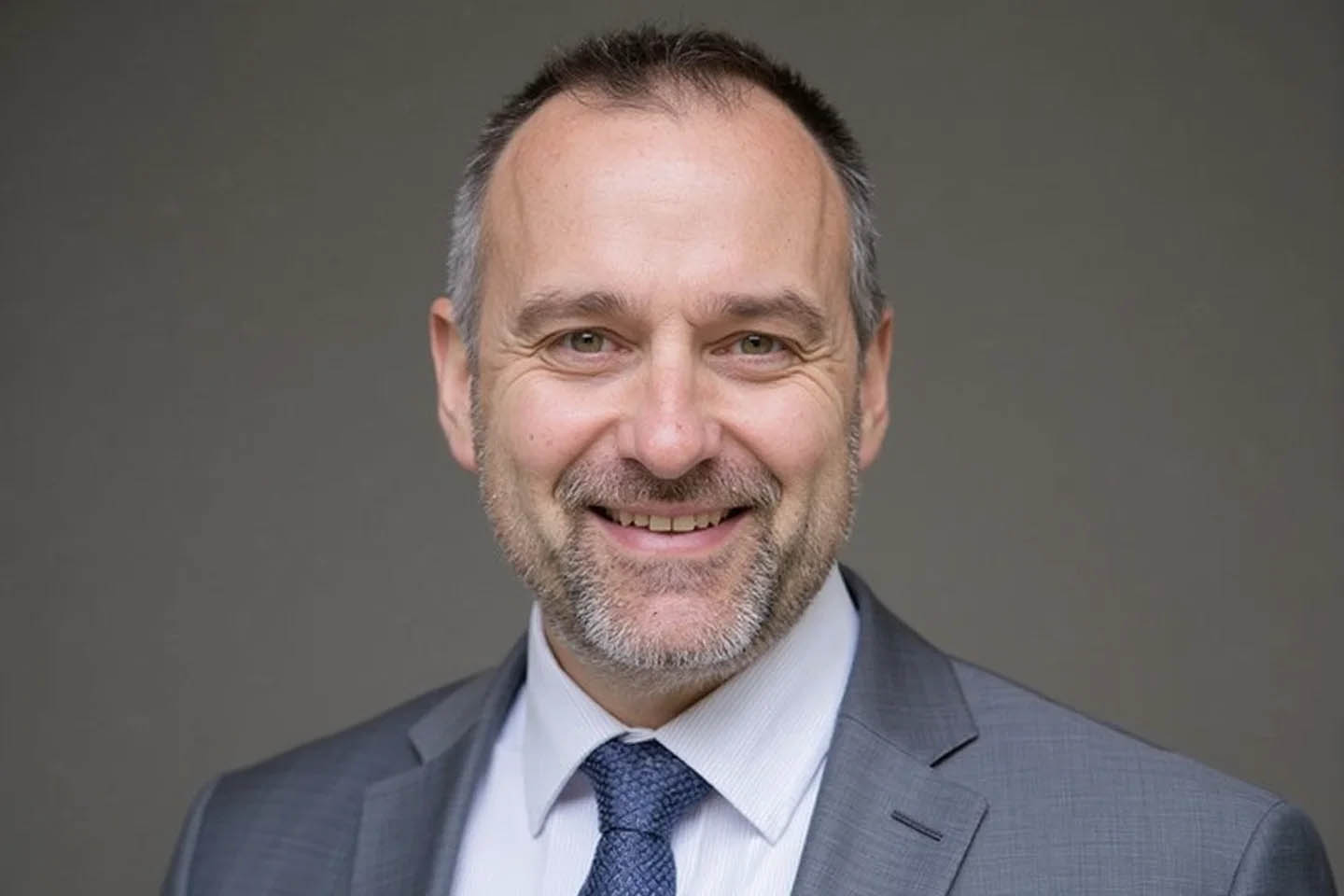
Образование
После завершения средней школы в Нидерландах, Егор Буркин поступил в Университет Амстердама, где начал изучать медицину. В 2003 году он успешно окончил бакалавриат, а затем продолжил обучение в магистратуре, сосредоточившись на психиатрии и наркологии. В 2006 году защитил степень магистра медицинских наук, после чего поступил в аспирантуру.
В 2010 году Егор Буркин защитил диссертацию на тему «Психологические аспекты зависимости от наркотических веществ», получив степень доктора медицинских наук. Его работа была высоко оценена в научных кругах, и он стал автором более 30 научных публикаций, посвященных проблемам наркологии и психического здоровья.
Карьера
После завершения аспирантуры доктор Буркин вернулся в Россию, где продолжил свою карьеру в области медицины. Он работал в нескольких ведущих медицинских учреждениях, занимаясь лечением зависимостей и разработкой новых методов реабилитации. Его подход к лечению зависимости включает комплексный подход, объединяющий медицинские, психологические и социальные аспекты.
Егор Буркин активно участвует в общественной деятельности, проводя лекции и семинары по вопросам профилактики наркомании и психического здоровья. Он является членом профессиональных сообществ и регулярно выступает на конференциях, делясь своим опытом и знаниями.
Достижения
Доктор Буркин является автором более 30 научных публикаций, посвященных наркологии и психотерапии. Он также разработал несколько программ реабилитации для людей с зависимостями, которые были внедрены в различных медицинских учреждениях. Его научные исследования и клинические методы лечения получили признание как в России, так и за рубежом.
В 2018 году Егор Буркин был награжден премией за выдающиеся достижения в области медицины и наркологии, что подтвердило его высокую квалификацию и вклад в эту важную сферу. Он также активно сотрудничает с различными организациями по борьбе с наркоманией и улучшению психического здоровья населения.
Семья
Егор Васильевич Буркин состоит в браке и имеет двоих детей. Его семья поддерживает его в профессиональной деятельности и активно участвует в общественной жизни. Доктор Буркин ценит семейные традиции и уделяет внимание воспитанию детей, стремясь передать им ценности здоровья и осознанного подхода к жизни.
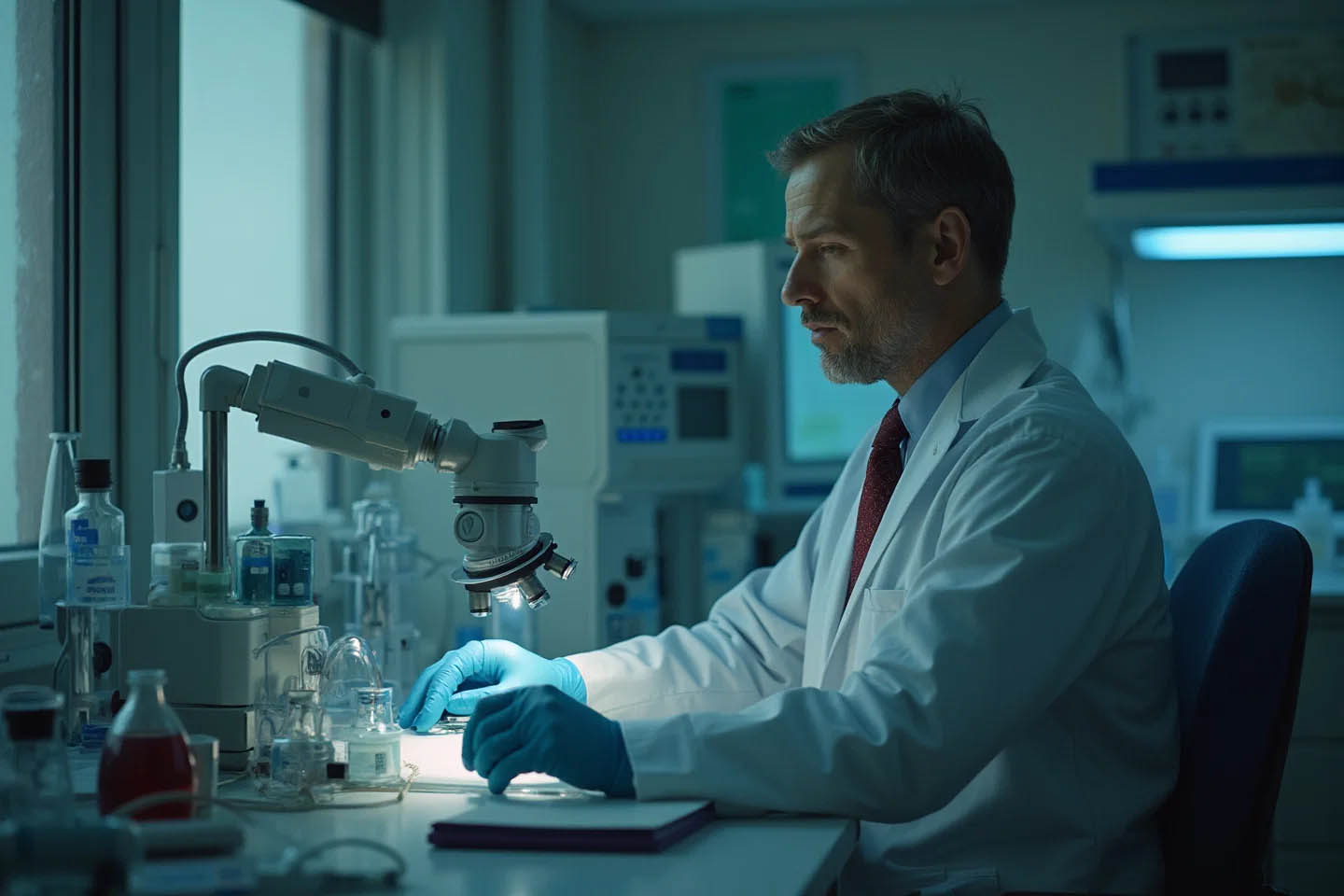
На сегодняшний день Егор Васильевич Буркин продолжает свою медицинскую практику и научную деятельность, оставаясь одним из ведущих специалистов в области наркологии.


